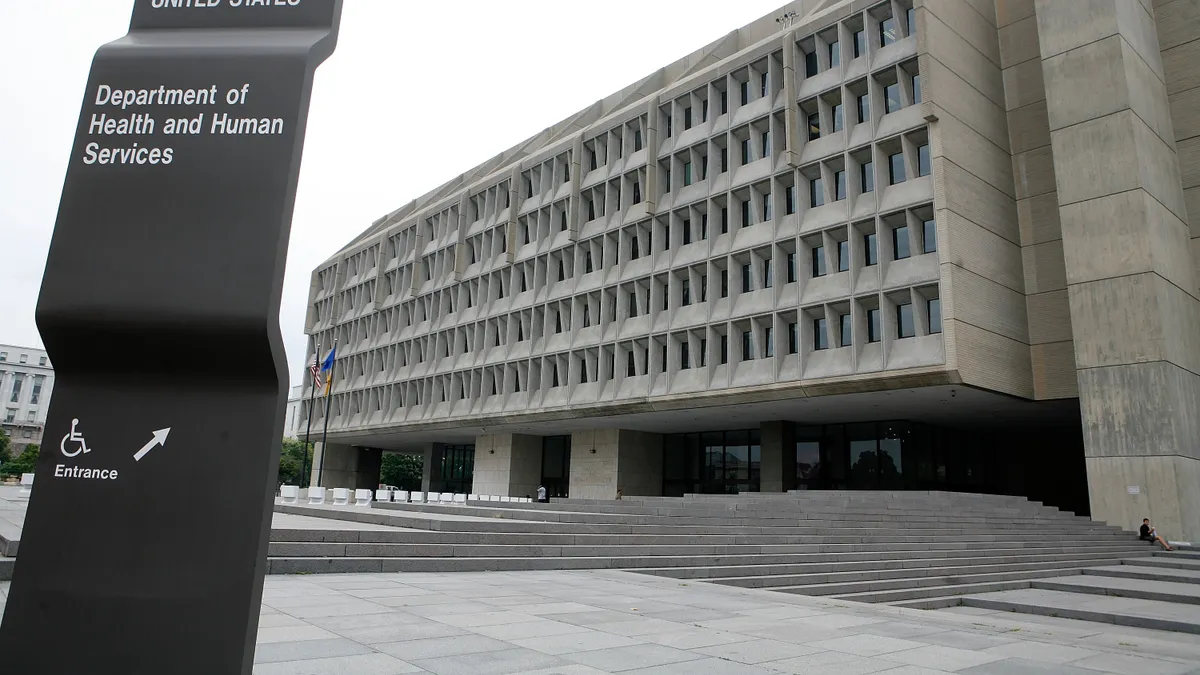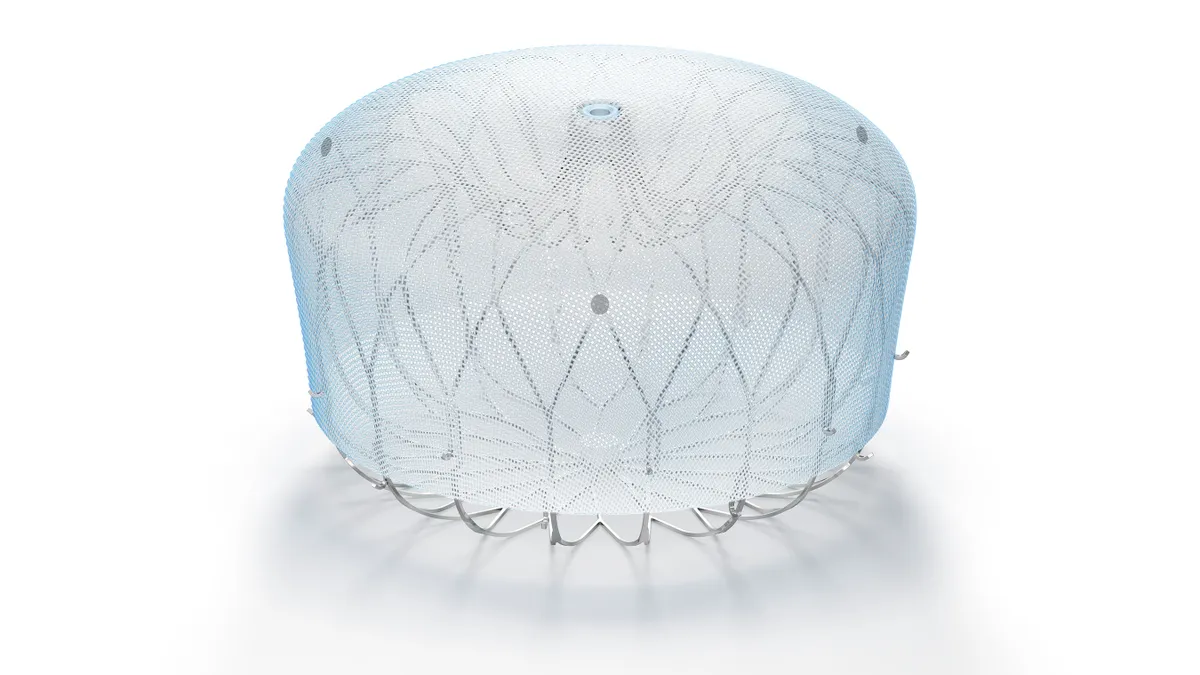UPDATE: Nov. 12, 2021: CMS on Friday officially rescinded its Medicare Coverage for Innovative Technologies (MCIT) final rule due to safety concerns, following strong opposition from some healthcare groups.
The rule, supported by the medtech industry, would have granted expedited Medicare coverage for up to four years for certain FDA-designated breakthrough devices once they received or cleared market authorization. However, CMS in announcing the agency's decision said it had concerns that the provisions in the rule may not have been sufficient to protect Medicare patients.
“Although we continue to be in favor of enhancing access to new technologies, we are mindful that they may have unknown or unexpected risks and must first ensure such technologies improve health outcomes for Medicare beneficiaries,” said CMS Administrator Chiquita Brooks-LaSure in a statement.
Chief Medical Officer Lee Fleisher added that had CMS gone forward with the MCIT final rule the agency may have covered devices without adequate evidence to demonstrate that they "would be reasonable and necessary to diagnose or treat the Medicare population for particular medical conditions."
Nonetheless, CMS in Friday's announcement indicated that it is open to exploring other coverage pathways that balance access to innovative medical devices and appropriate patient safeguards. The agency said it plans to work with FDA, medical device manufacturers and other stakeholders to "develop an expeditious process" to cover new technologies that benefit Medicare patients.
A Cowen analyst noted that while CMS' repeal of the rule is disappointing for the medtech industry, MCIT is a good candidate for the next iteration of the 21st Century Cures Act (Cures 2.0) next year as it was included in a recent draft of the legislation.
Dive Brief:
- Ten U.S. senators have urged CMS to develop a new version of the Medicare Coverage for Innovative Technologies (MCIT) rule to replace the contentious current proposal the agency wants to nix.
- CMS is set to drop the current MCIT proposal in the face of strong opposition from some healthcare groups. However, the idea retains strong support from the medical device industry and, it has now emerged, some lawmakers.
- The bipartisan group of senators wants CMS to address concerns that scuttled the original proposal and draft a new rule that "addresses coverage for innovative and demonstrably beneficial technologies." In its proposal to repeal MCIT, CMS said it is open to exploring other policy options and statutory authorities for coverage that "better suit the needs of Medicare beneficiaries and other stakeholders when the items or services are supported by adequate evidence."
Dive Insight:
CMS tried to find a path forward for MCIT during a period in which its planned implementation was put on hold, only to conclude that "significant concerns persist about the availability of clinical evidence on Breakthrough Devices when used in the Medicare population." The inability to address the concerns led the agency to propose scrapping MCIT and instead focus on "considering future policies and potential rulemaking to provide improved access to innovative and beneficial technologies."
The medtech industry is opposed to the scrapping of MCIT and used the 30-day public comment period on the proposed repeal to set out ways CMS can deliver the perceived benefits of the planned policy. In parallel, industry groups have worked with lawmakers on alternative routes to MCIT, notably through its planned inclusion in the next iteration of the 21st Century Cures Act.
Now, the two avenues pursued by the industry have converged in a Nov. 5 letter from 10 senators to CMS. The letter is light on details about how CMS should navigate the contrasting opinions on the impact of MCIT, but it is clear about the overall strategy the senators want the agency to pursue.
"We understand that CMS proposed repealing the existing rule after experts raised concerns about operationalization and patient benefit during the comment process. CMS should address these concerns and move forward with a pathway for coverage that allows for collection of appropriate evidence for Breakthrough Devices. We urge CMS to develop a new rule that addresses coverage for innovative and demonstrably beneficial technologies that balances access with patient protections," the senators wrote.
The lawmakers made the case that "focused improvements" to the pathway will allow for "flexible, predictable, and evidence-based" coverage and encouraged CMS to "move quickly to help improve the lives of the patients who stand to gain from these technologies."
If CMS heeds the advice, it will risk angering the people and organizations that opposed MCIT. The Association of American Medical Colleges was among the groups to voice support for the repeal of the pathway, telling CMS that Medicare beneficiaries are underrepresented in clinical trials and as such the safety and effectiveness of breakthrough devices in the MCIT population may be unknown.
AAMC also opposed finalizing the expanded definition of "reasonable and necessary" which would have been expanded to consider commercial insurer coverage as a criteria for coverage for the Medicare population. The group warned in its comments to CMS that most commercial coverage is "aimed at younger populations and therefore may not be an appropriate source for making decisions about Medicare coverage."










